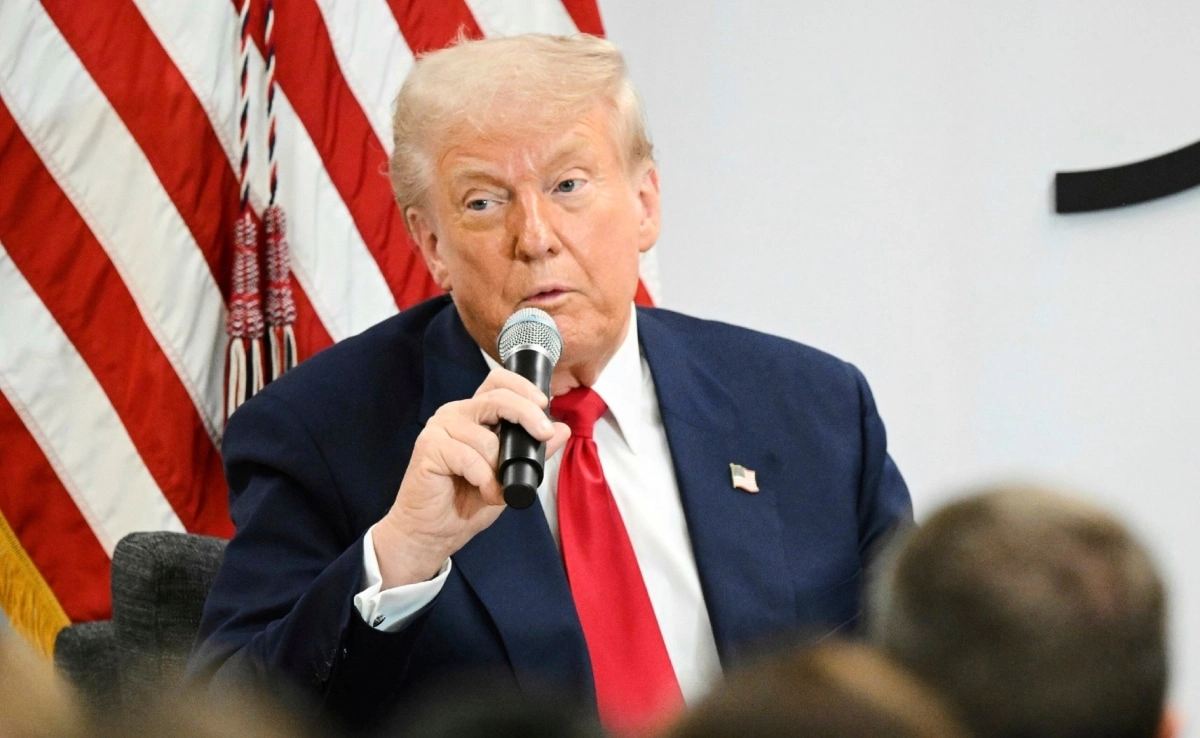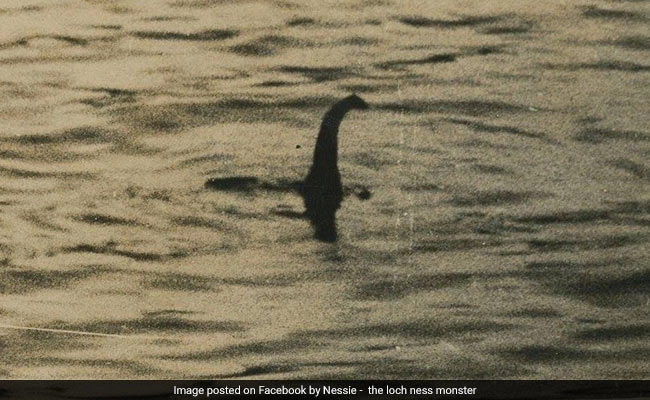In recent months, a growing sentiment among Canadians has emerged, reflecting a deep concern for the state of democracy, particularly in the United States. The phrase “Democracy is in danger” has resonated widely, echoing through various discussions and protests as Canadians express their discontent with the political climate south of the border. This discontent has materialized in various forms, including a notable trend: many Canadians are choosing to boycott vacations in the United States. This decision is not merely a personal choice but a political statement against the actions and rhetoric of former President Donald Trump, which many Canadians view as a direct threat to democratic values.
The decision to forgo travel to the U.S. is indicative of a broader unease regarding the implications of Trump’s leadership and its ripple effects on democratic institutions. Canadians have long prided themselves on their own democratic values, and witnessing the turmoil in American politics has prompted a re-evaluation of their own engagement with the U.S. While vacations are typically seen as a time for relaxation and enjoyment, many Canadians now see visiting the U.S. as tacit approval of policies and attitudes they fundamentally oppose. By choosing to boycott these trips, they aim to send a clear message that they stand in solidarity with those who are fighting to uphold democratic principles.
Moreover, the boycott is part of a larger narrative that critiques not only Trump but also the increasing polarization and divisiveness that have characterized American politics. Canadians, often perceived as more progressive, feel that their values are at odds with the current trajectory of U.S. governance. They see the erosion of democratic norms and the rise of populism as a cautionary tale, one that could easily seep across the border if left unchecked. This awareness has galvanized many Canadians to take action, whether through social media campaigns, community gatherings, or simply by choosing to vacation elsewhere.
The situation underscores the interconnectedness of North American societies, where political decisions in one country can significantly impact public sentiment in another. As the countdown to the next U.S. presidential election approaches, the stakes are high, and Canadians remain vigilant, hoping their actions will not only serve as a form of protest but also inspire a more profound reflection on the importance of democracy in both nations. The choice to boycott U.S. vacations thus becomes more than just a personal decision; it transforms into a collective stand for the values that many Canadians hold dear.




